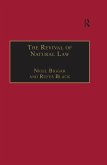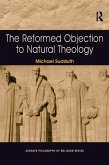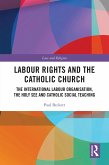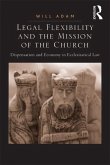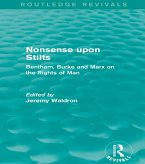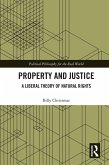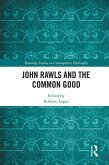Natural law theory has been enjoying a significant revival in recent times. Led by Germain Grisez in the USA and John Finnis in the UK, one school of thinkers has been articulating a highly developed system of natural law built upon a sophisticated account of practical reasoning and a rich and flexible understanding of the human good. Setting it in the wider context of modern moral philosophy, the ethics of Karl Barth and Stanley Hauerwas, and the Roman Catholic philosophical tradition of Thomism, this book provides a clear and substantive introduction to the Grisez school's theory for those who are new to it, and then broadens and advances the surrounding debate. Crucial philosophical, theological and ethical issues are examined - including the nature of moral absolutes and the relation of revelation and reason in ethics - and the school's thought is subjected to critical examination in four ethical fields: bioethics, gender, sex and the environment. A concluding chapter develops recurrent issues such as the status of pleasure as a basic good, whether it is always wrong to act deliberately against a basic good, and the rapprochement between Protestant and Roman Catholic ethics. Drawing together North American, European and Australian contributors from across moral philosophy and Protestant ethics, as well as from Roman Catholic moral theology, this book opens up the debate about the Finnis-Grisez theory, highlighting strengths and weaknesses in order to advance current discussion about natural law in moral theology and in moral and legal philosophy.
Dieser Download kann aus rechtlichen Gründen nur mit Rechnungsadresse in A, B, BG, CY, CZ, D, DK, EW, E, FIN, F, GR, HR, H, IRL, I, LT, L, LR, M, NL, PL, P, R, S, SLO, SK ausgeliefert werden.



